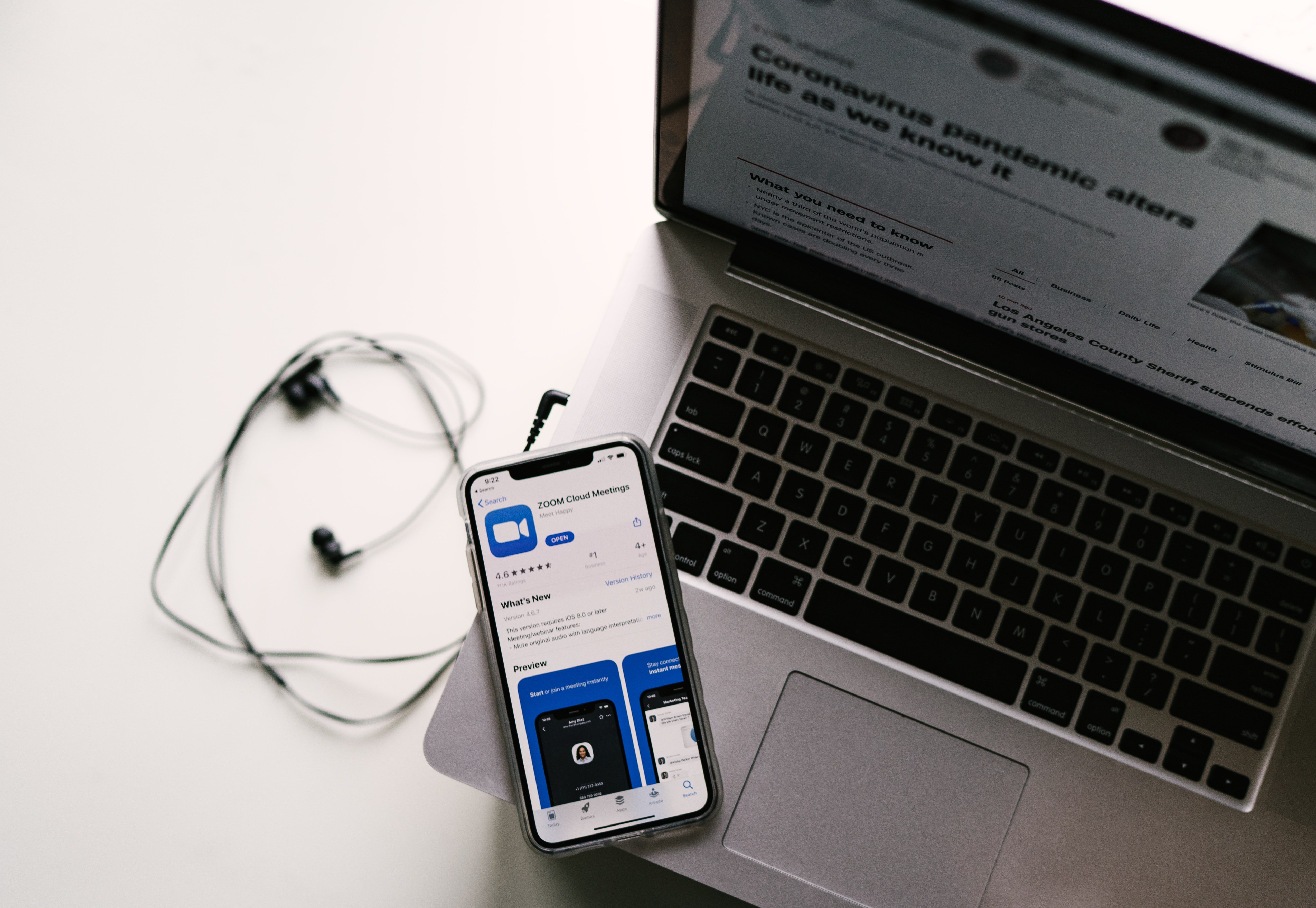Inspiring IBDP Excellence in the Midst of Digital Learning
“The Best Laid Plans…”
Digital learning, distance learning, online classes, e-learning – whatever we call it as educators, chances are the COVID-19 pandemic has pushed us to the limits of our creativity as we attempt to manage our students’ learning from afar. As much as we would all like to think we have inspired our students to pursue knowledge purely for the sake of self-improvement, we all know the cancellation of the IB exams has impacted our students’ motivation as their study for the IB coursework has come to a close. So how do we inspire students to pursue excellence in learning when they are surrounded by the comforts and distractions of home?
We instil in our students the value of collaboration, but how do we promote learning through collaboration when students are not meeting in class?
Cultivating a sense of community through communication, differentiating instruction using Kognity and other resources, and stimulating service can provide motivation for excellence that transcends the desire for a high exam score and promotes collaboration despite physical separation.
Cultivating a Sense of Community
One of the most essential qualities a teacher must develop is the ability to foster relationships with students. Rapport is founded on trust and requires careful nurturing through teachers’ day-to-day interactions with their students. As the old saying goes, “Students don’t care how much you know until they know how much you care.”
Relationships among students are also essential in order to cultivate a sense of community in the classroom. A sense of community is evident when students feel confident and supported while taking risks and are willing to disagree and debate while maintaining open-mindedness and empathy towards one another. So how do we continue nurturing the relationships with and among our students that we have worked all year to cultivate when we are engaged in digital learning? As with many things in life, communication is key. Avoid the temptation to communicate solely through email and by posts on a class website.
As their teachers, the more we can let our students see our faces and communicate with us directly, the less likely they are to lose motivation or to feel isolated as they conclude their journey through our classes.
We are blessed to have access to a variety of tools to facilitate this interactively with apps like Google Meet or Zoom, or through video recordings with Screen-cast-o-matic and QuickTime.
3 tips to boost the sense of community:
- Record greetings, fun facts or similar as an introduction to the day
Rather than simply listing daily tasks for your students, record yourself greeting them, giving them directions, and doing something fun like a fact of the day or saying “happy birthday” to someone. - Arrange a daily “meet” with your students
Your students are used to going to class so make sure to arrange a video call with your students to interact face to face daily to create a sense of normality and stability. - Take the time to record short videos for reading assignments
Rather than just sending a reading assignment, record a quick video of yourself highlighting the most significant points to remember and warning them of common misconceptions.
By utilising the technology at our disposal to communicate in these and other creative ways, we can cultivate the sense of community that we have been so careful to establish in our classrooms. This will reiterate to our students how much we care and promote engagement in the learning tasks we set before them.
Differentiating Instruction with Kognity
Another component of inspiring excellence in our students is utilising technology to differentiate instruction. One reason why students lack motivation in their classwork is that what they are being asked to learn is not at their level, either because they lack proficiency in prior skills or because they easily master new content. Thankfully, several features of Kognity’s online text make differentiation relatively simple to implement. Reading assignments with checkpoint questions are an excellent remediation tool for students who have gaps in their understanding. Strength battles among classmates provide competition to motivate students who have achieved a basic level of understanding but need to be pushed to develop fluency.
Finally, since testing is not particularly reliable in a digital learning context, now is the perfect time to engage students in the investigations provided at the end of each section of the Kognity text. We can assign these as given or adapt them to provide project-based learning and enrichment opportunities that students can work on independently or collaboratively.
Stimulating Service
A third component of inspiring excellence in our students is stimulating them to have a sense of empathy to enable them to look past their own problems by considering how they might serve others. Two ways they could accomplish this would be holding a virtual IA Fair and creating a Diploma Candidate Survival Guide.
You can have each student contribute a video for a virtual IA Fair in which they present their research question and thesis, the data and evidence they collected, the mathematical processes and reasoning they used to support their thesis, and the conclusions they reached. This reflective exercise could be a powerful experience for the students themselves as they prepare for the numerous research projects facing them at university and in their careers. It could also be a collaborative exercise as classmates ask and answer questions by commenting on the videos. The fair could also serve as a valuable resource for future candidates as they select their topics and begin the research process for themselves.
As experienced diploma candidates approaching the end of the programme, our students have gained a wealth of knowledge that they can share in a digital survival guide. They can consider their experience in the programme and collaborate to compile tips and tricks for success to share with future IB candidates. This is an opportunity for them to share all the things they wish someone would have told them as they entered the programme.
Rise to the Challenge
While it would be easy just to send out lists of tasks for our students to complete and to close out the year settling for whatever effort our students are willing to give, we can do better. By cultivating our classroom community, challenging students through differentiated instruction, and instilling empathy by stimulating service, we can turn a difficult situation into a valuable learning experience that our students will remember and benefit from for years to come. We can model the excellence we want them to aspire to.
For more ideas on digital learning, consider IBO’s resource “Online learning, teaching and education continuity planning for schools”.
Blog articles



